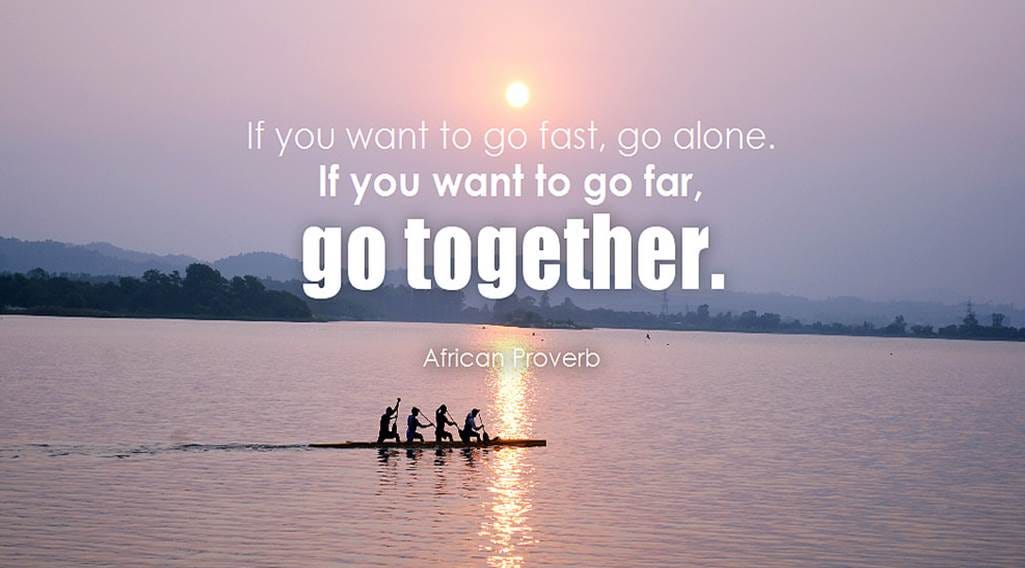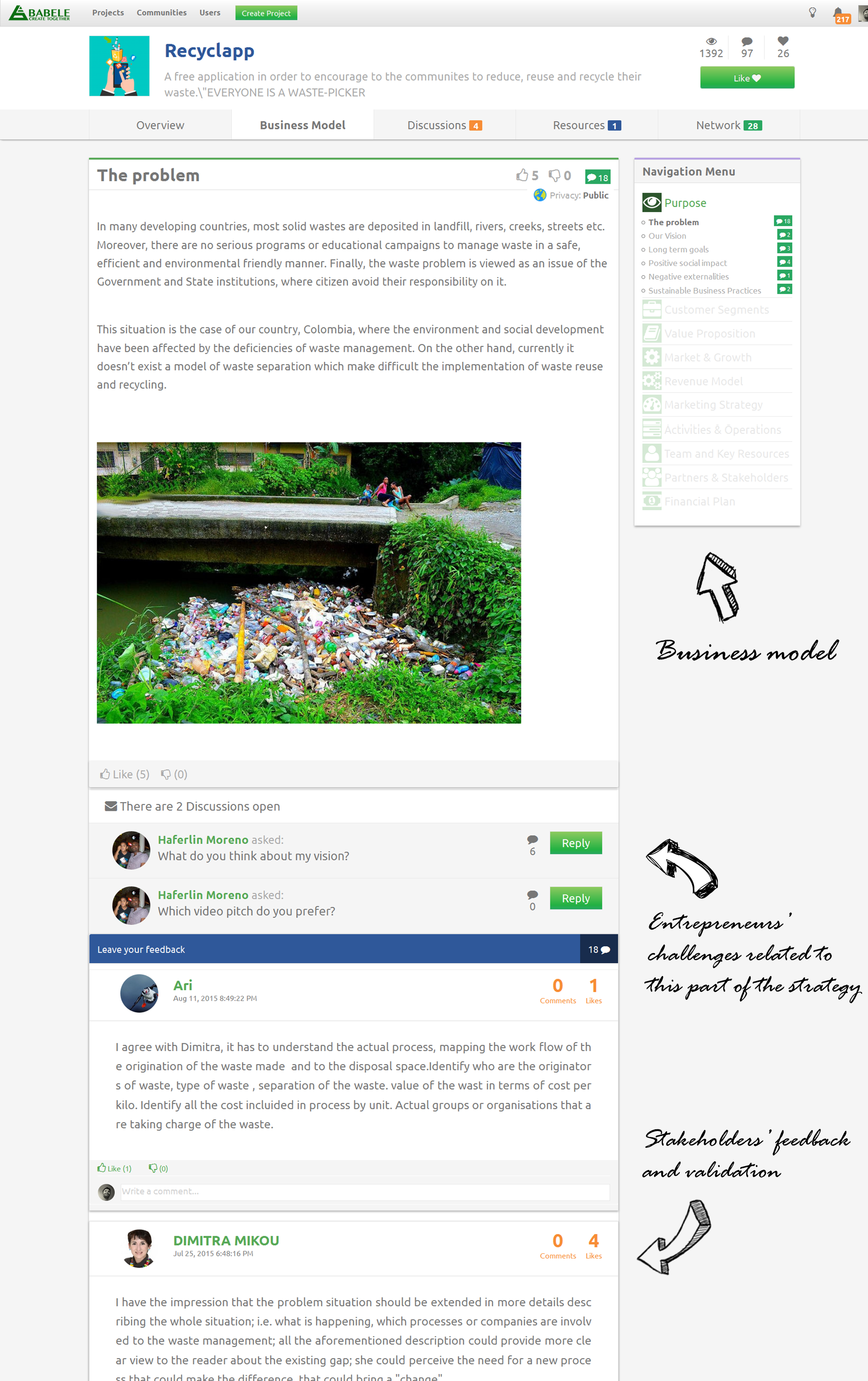I am a social entrepreneur: e.g. I manage an organization with the big dream to solve the world’s biggest challenges. If your ambition is to solve problems such as eradicate poverty, promote good health and well being, gender equality or quality education, then you need the money to validate your solution, scale it internationally and measure your impact.
Unless your dad is Rupert Mardoch, you are constantly after funding.
You usually do not want Venture Capital money, to avoid crazy mission drifts. You may dream of Impact Investing (but this is the object of another post), so you usually go for bootstrapping, grant chasing or social innovation competitions.

Competitive grants consist in lengthy written applications where the winner is selected by a jury which ‘objectively’ scores the applicants on a rubric.
The problem with contests is that juries tend to favor academic and technically detailed answers. However, social contexts are always complex and non-linear in nature, and what sounds good on paper almost never works out that way.
Certain social enterprise competitions involve online-voting that try to measure a venture’s community engagement.
For social enterprises, fortune favors the networked. With the right community support (fans, friends, advisory board, beneficiaries, investors, etc.), you can take your project really far. If you can encourage your community to take ownership and co-develop the solution with you, then you can overcome barriers such as the need for cash or for hiring experts.
Therefore, the community engagement is a key criterion that should always be taken into account in all competitions, in addition to the business model.
The business model gives you a clear view of the team’s business acumen, their understanding of the market and the strategy to conquer their very first niche.
The engagement of the community that supports the project gives you a clear idea on whether the team is capable of involving key stakeholders to participate to the venture success.

I have recently participated to a voting competition where even my grand-mother voted, and this is not representative of my venture’s potential to achieve a larger impact.
The ultimate demonstration of the inefficiency of online-voting as a way to measure a venture’s community engagement, is the growing market to buy online votes. “Buy votes for any type of contest . Facebook votes , twitter votes , email votes , ip votes , wavo votes , woobox votes , IMDb Votes at best prices”
You can check buycontestvotes.com, voteszone.com or buyvotescheap.com, just to mention a few.
The last major problem of social innovation contests is that they are black and white. When contestants submit their responses to an online contest, they usually get a yes or no answer as to whether they won or not, and sometimes they get some feedback. So unless a social innovator is among the few happy winners, the contest is just a waste of time and energy and it did not make him advance.
Is there a solution?
If the community engagement is key to help juries assessing a project’s potential beyond what’s written on paper, then how can we track community engagement in a more effective way than through online voting?
With my team, I have spent the last 3 years building BABELE.CO: a crowd-accelerator where everyone can participate to the on-going co-development of sustainable projects and impact ventures. Social innovation clusters (such as universities, incubators and foundations) create open and closed mentoring networks, enabling social entrepreneurs to refine their business strategy and tackle key challenges by tapping into the collective knowledge of mentors, peer-entrepreneurs and involved citizens.
We have tried to do something that resembles grass roots community organizing, transforming the Social Enterprise competition into a dynamic process that structures the business model and opens it up for comment.
In this way, the submission is never really closed. If the jury has a question, they can post it directly on the site and the applicant has the ability to respond or get input from other community members to validate their assumptions.
- Entrepreneurs draw people into their business plan;
- Rather than just voting, people contribute to specific parts of the plan based on where their strengths and knowledge lie;
- Input from customers & beneficiaries is solicited to ‘prove’ the model.
The result is, not just a contest application, but an action plan. The criterion to evaluate a social venture is not just the business model, but also the participation of the community that is committed to make the project come true.
What about Juries?
When funding is involved, a jury will still be needed to select the winners, but at least it will be a collaborative process where the open input from stakeholders can be taken into account.
In the end, the best determinant of success in social businesses is determination and the people brought on-board to make the plan a reality.
Babele enable juries to take into consideration the effort and the network developed to make their plan a reality.
Also, by encouraging applicants to get people involved, in an active way by commenting and contributing, you get a better understanding of the community real engagement in the projects, compared to passive voting.
Traditional contests encourage people to write an application and wait and hope that they win the prize. We want to encourage them to start right away, providing them with a diversity of opinions on their otherwise unused business plan, and makes them involve stakeholders!
The entrepreneurs who go through this process are more likely to launch successful social enterprises, even if they don’t win the prize, thus increasing the impact of the entire program.
It is time for funding organizations to wake-up and truly support the change-makers who are out in the field, working with people, changing the world!
Emanuele Musa





